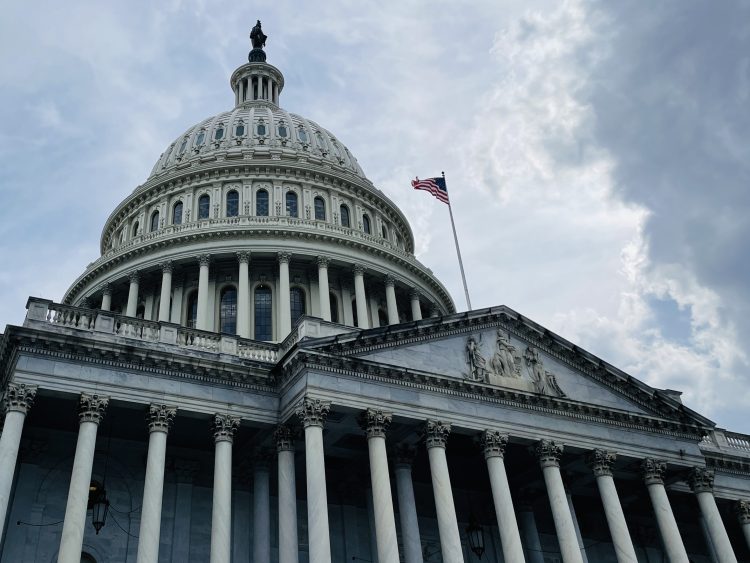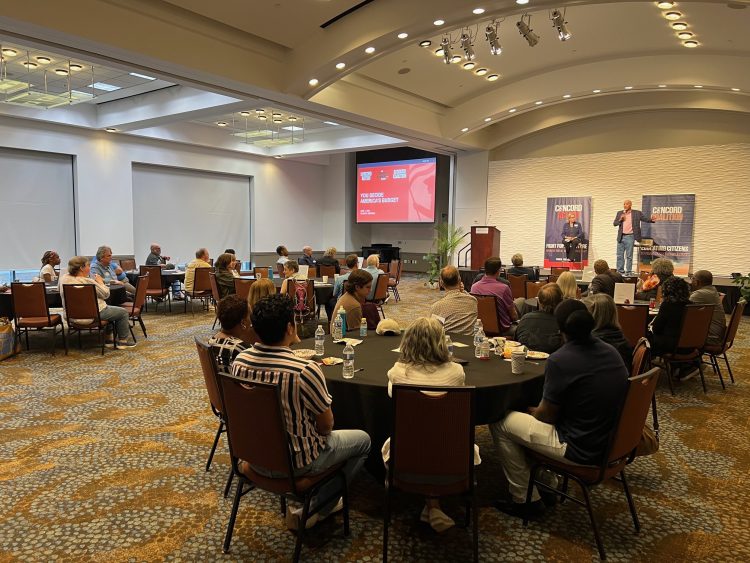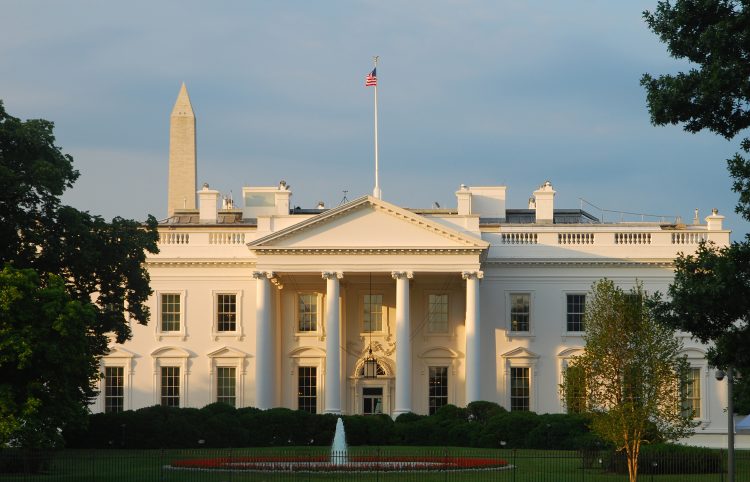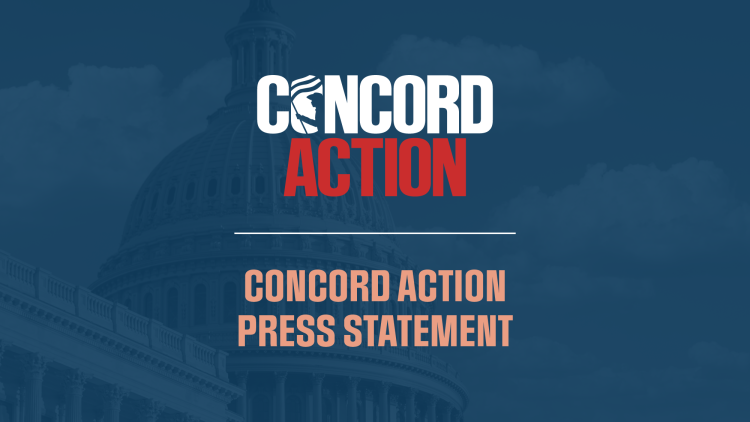With a sharp drop in the federal deficit last year and voters disgusted with Washington’s budget showdowns, there is a broad consensus among elected officials in both parties to shift the political spotlight away from fiscal reform efforts for a while.
President Obama could show real leadership by challenging that comfortable consensus in his State of the Union address tonight. That’s because our nation’s largest fiscal problems remain — and solving them is essential to future economic growth and prosperity.
These problems include mounting federal debt, rising interest and health care costs, an aging population and a tax code that lavishes hundreds of billions of dollars a year in subsidies on favored individuals and industries.
Elected officials have also deluded themselves with unrealistic plans for deep cuts in only one part of the budget — “discretionary” spending that Congress approves on an annual basis. Much more is required to put us on a sustainable course.
A return to “regular order” in the budget process would help. But tardy approval of this year’s spending has already thrown work on next year’s budget behind schedule; the administration plans to release its proposed Fiscal 2015 budget on March 4, a month late.
Also coming up: The Congressional Budget Office plans to release its annual Budget and Economic Outlook next Tuesday, providing the statistical framework for budget discussions in the coming months.
External links:
White House Information on State of the Union Address
2013 Long-Term Budget Outlook (CBO)
Release of Budget and Economic Outlook on Feb. 4 (CBO)
The Budget Deal: A Beginning or the End? (Concord Coalition Blog Post)
Continue Reading











